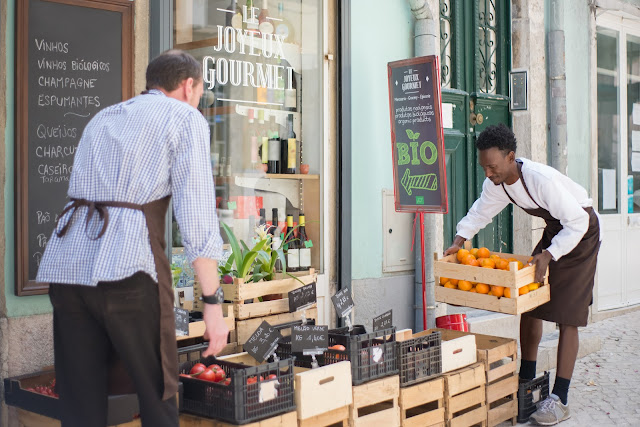The definition of sustainable shopping varies depending on the shopper and the company manufacturing or selling the product they're buying.
For some, sustainability means never purchasing anything made in a factory. For others, it means only buying food produced in an environmentally conscious way, regardless of where it was grown or manufactured.
There are many ways to shop sustainably, but they all have one thing in common: they make buying items produced by companies committed to responsible business practices possible.
Buy in Season
Buying in season is a great way to reduce your carbon footprint and avoid food waste. When produce is in season, it has been shown to grow locally, with less energy and water than out-of-season produce.
Out-of-season produce also comes from different climates and might need to be fresh and flavorful. Seasonal produce is also cheaper than imported foods because of the distance from the farm to the market.
Buy Local
Buying locally is a great way to support the local economy and an excellent way to ensure you're supporting sustainable practices. Local produce will be fresher than at a grocery store, and many farmers also sell meat and eggs.
If you need help finding local food, your best bet is to go straight to the source: ask your friends who live in rural areas if they know of any farms or stores selling locally grown food.
Look for the symbols
There are several symbols that you can use to identify a sustainable product. The most common marks are organic, fair-trade, and vegan. You can also look for labels such as the Rainforest Alliance or the Forest Stewardship Council signs.
Generally, if the product has an official certification seal, it is more likely to be sustainable.
Choose Fairly Traded Products
Buying fair-play products means supporting a company with an ethical policy. This will help you avoid unfair labour practices, especially in the garment industry. Look also for Organic Labels.
Organic foods are grown and processed without pesticides or chemicals, which may have harmful effects on your health, as well as the environment. Buying locally made goods reduces transportation costs and emissions from trucks that travel long distances. You also get to support your local economy!
Shop at Farmers Markets
One of the best ways to support local farmers and producers is by shopping at a local farmers' market. Farmers' markets are great for meeting people and getting to know those who grow your food.
They also allow you to talk with vendors about their practices, what they grow, and how they impact the environment.
Be vocal, and ask questions!
It is essential to challenge the store owners and companies making your products. Ask them about sourcing their products and if they are humanely made.
The more educated you are about the products you buy, the better for the environment and yourself!
Avoid single-use items
Single-use items like plastic water bottles, straws, and takeout containers should be avoided as much as possible. When you need a single-use item, find a reusable or recyclable alternative.
